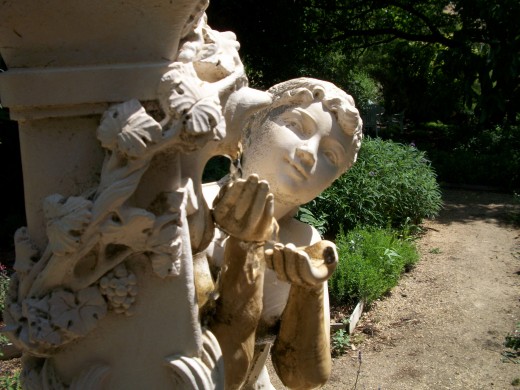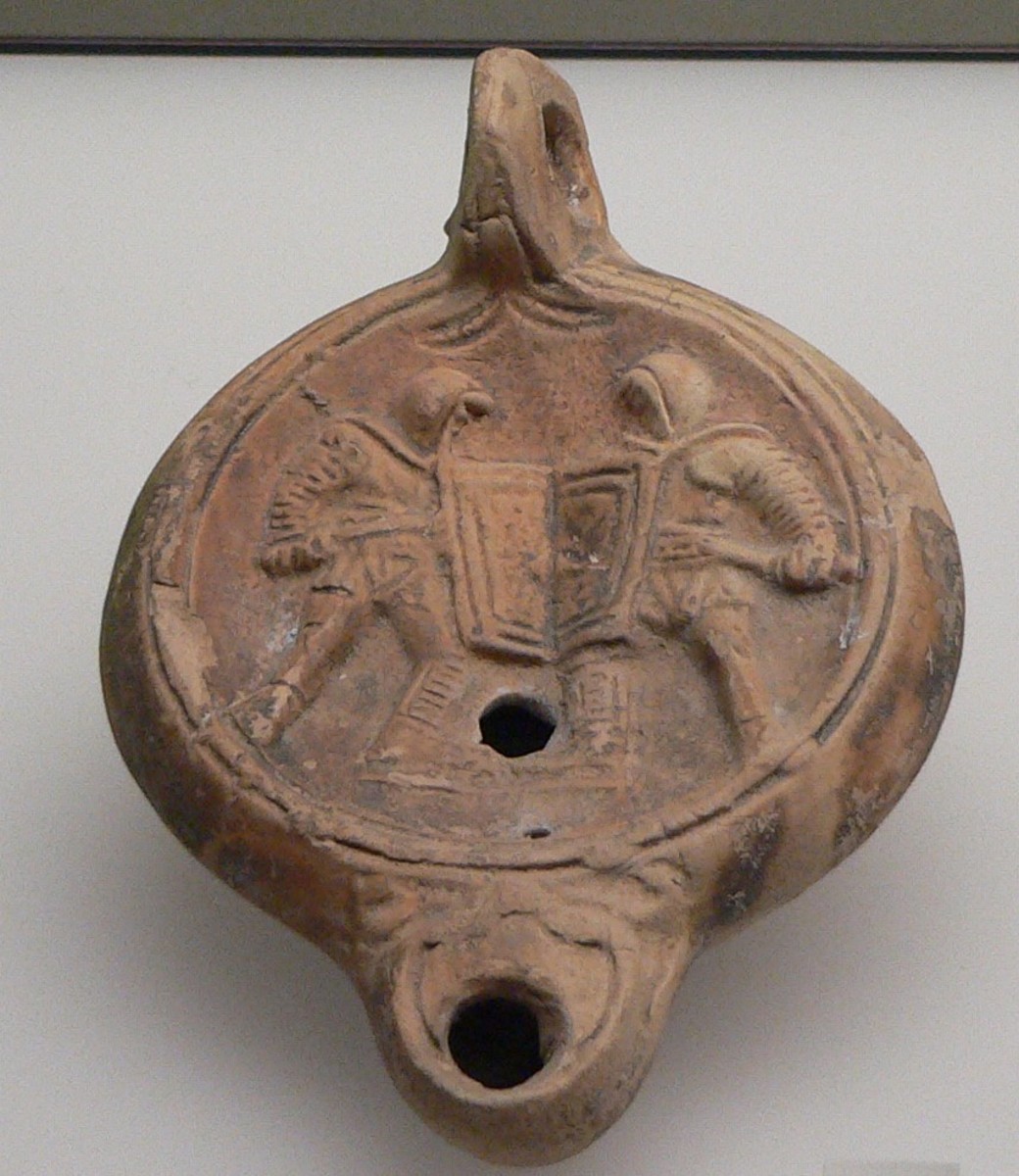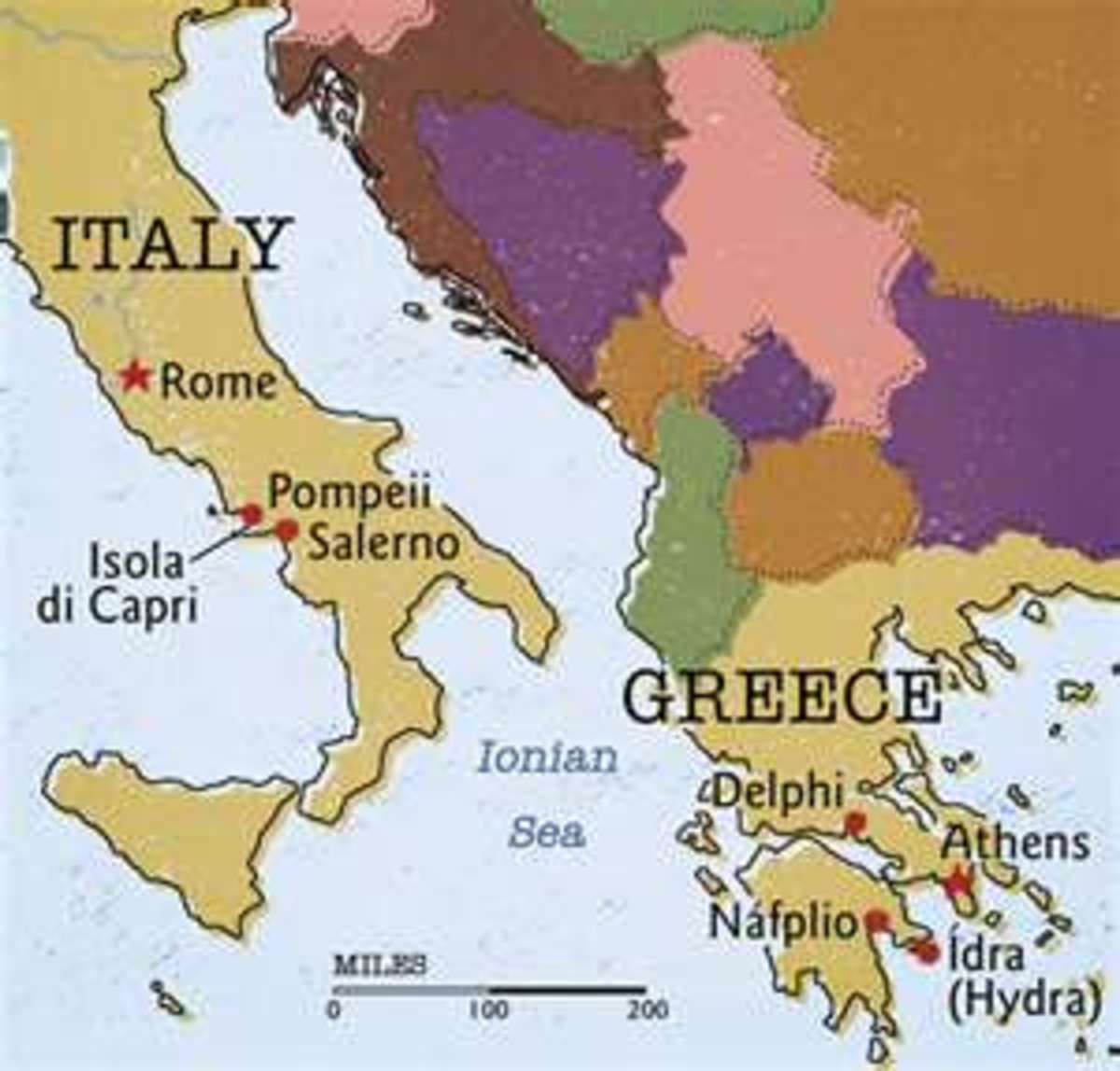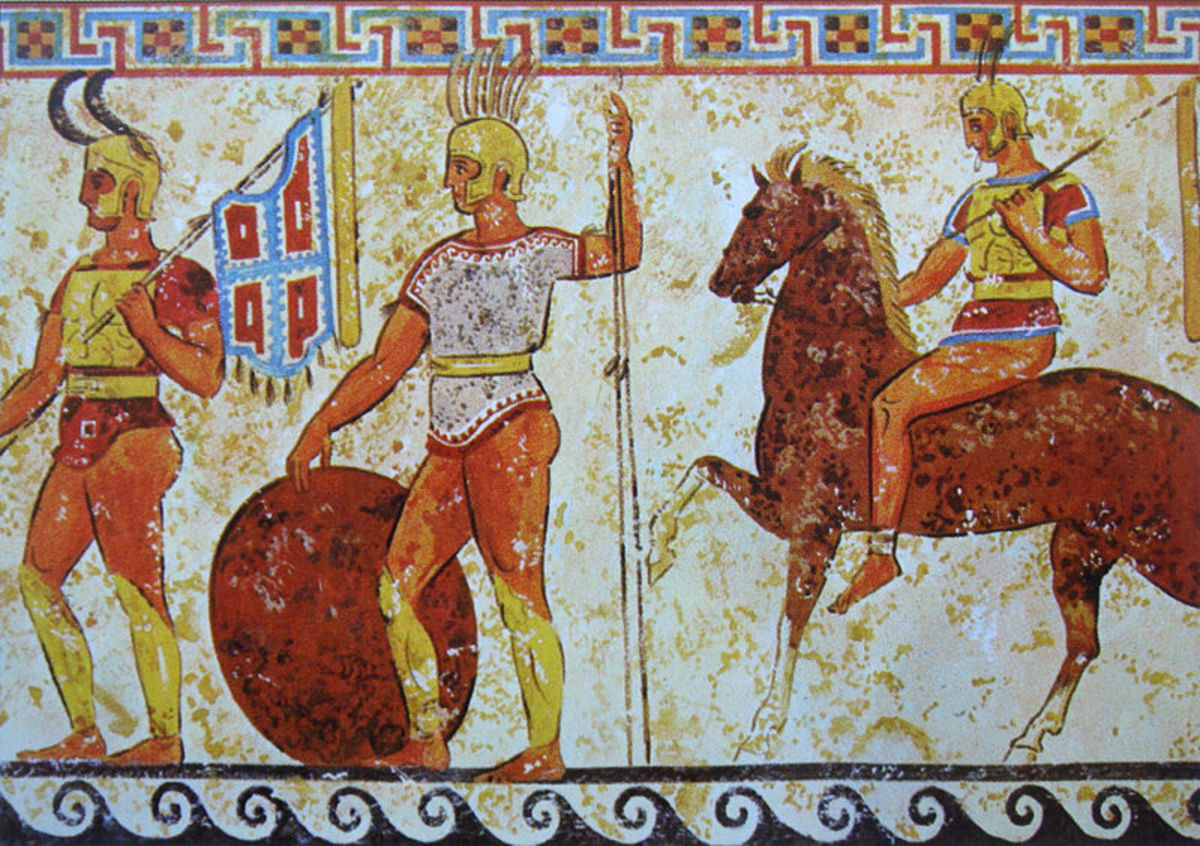A Comparison of Greek and Roman Conceptions of Divinity

When looking at the differences between how the Romans and the Greeks viewed divinity, there are many differences that could be considered fundamental– The Greeks seemed to see the gods as spirits who lived in a separate realm but interacted with the Greeks on rare occasions to offer advice or change the course of some event, but the Romans’ pantheon was all about unknowable numbers of gods and goddesses that presided over literally everything and every aspect of daily life. For the Greeks, sacrifices were offered to the gods when they wanted Poseidon to grant them a safe journey or when they wanted to assure a victorious outcome for a battle, but the Romans took it a step further. Everything the Romans did in the course of a day had ritual to it, and every ritual connected them to divinity, meaning they literally had a constant connection to the divine through daily life. Whereas the Greeks had only gods and goddesses of concepts (like love and war,) the Roman pantheon consisted of gods and goddesses with aspects, with each aspect looking over some particular (and very definitive) person, place, action or thing, such as Venus Cloacina, whose domain was more-or-less the sewers, when other faces of Venus were equated with love and beauty, like Aphrodite.
Another place where the two diverge is in the role that myth played for the two cultures. In Rome, the role of Mythology seems to be primarily one of charting history and the lineage of rulers, while in Greece, Mythology is displaced from modern life by becoming collected narratives of the adventures of gods, goddesses and heroes of all shades. It almost seems that the more I read about the two cultures, the more I start to think that the comparison between the Greeks and Romans in general can be boiled down to idealistic v.s. realistic, as if the Romans were all about logic and complex, interlocking relationships, the real and the visceral, while the focus of the Greeks was on things artistic, philosophical and cerebral, more concerned with the mind than the body, and that comes through in the differences between their mythologies.
In all, we can see that even though the Romans were able to easily incorporate the mythology of the Greeks into their own pantheon and make the works of their predecessors their own, there were some significant differences between Greek and Roman conceptions of divinity and spiritual practice.








